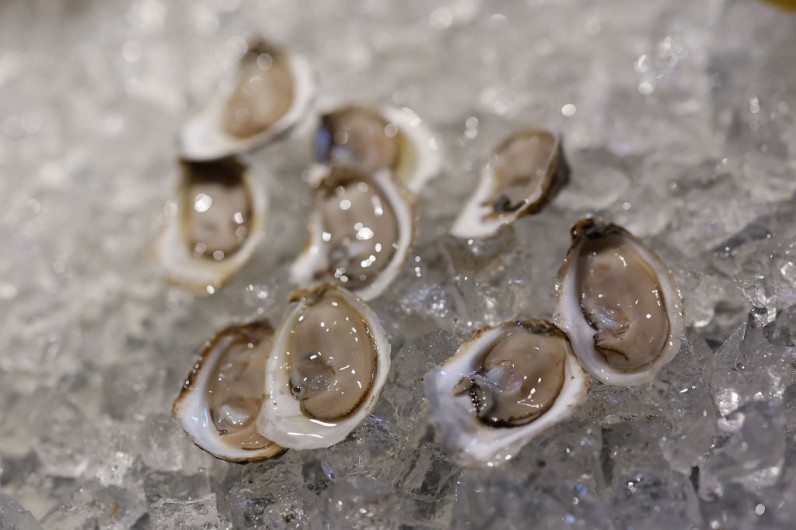
Authorities in Oregon have recently announced the expansion of shellfish harvesting closures across the entire coastline of the state.
This closure now includes razor clams and bay clams due to the increasing levels of toxins. These toxins have been linked to a shellfish poisoning outbreak, which is a cause for concern.
Toxic Shellfish Alert: Oregon Widens Coast Closures
The Oregon Department of Fish and Wildlife announced that the recent closures were a result of exceptionally high levels of a marine biotoxin called paralytic shellfish poisoning.
The department announced the move in a news release on Thursday, following the closure of the entire coast to mussel harvesting by state officials last week, AP reported.
Another bay on the state's southern coast has been closed to commercial oyster harvesting, adding to the total number of closures which now stands at three.
According to fish and wildlife officials, shellfish on the state's central and north coasts were found to have elevated levels of toxins on May 17.
20 Individuals Affected by Shellfish Poisoning in Oregon
Authorities have advised the public to steer clear of certain shellfish due to abnormally high levels of toxins resulting from specific types of algae.
Last week, Oregon health officials reported that a minimum of 20 individuals have suffered from paralytic shellfish poisoning after consuming contaminated mussels.
According to KLCC, a survey was launched to collect information about health symptoms experienced by individuals who consumed shellfish from the Oregon Coast. However, as of Friday morning, the survey has been closed.
The public is still allowed to engage in crab harvesting, however, health officials strongly advise gutting or eviscerating the crustaceans prior to cooking. Commercial oyster fisheries in Tillamook Bay, Netarts Bay, as well as Umpqua Bay have also been closed by state officials.
Although currently not engaged in sampling scallops for biotoxins, state officials are strongly advising against consuming whole scallops due to the potential presence of biotoxins.
The scallop adductor muscle is free from biotoxins and can be considered safe for consumption.







Join the Conversation